One Year On: DW Reporter Still Seeks Justice After Violent Assault
It's been a year since Adonis Alkhaled, a Syrian-German reporter for Deutsche Welle (DW), was brutally assaulted by men who appeared to be bodyguards at a concert in Düsseldorf, western Germany. The incident has left Alkhaled shaken and seeking justice, but the investigation is still ongoing.
As I sat down with Alkhaled in his office at DW's Arabic service, he recalled that fateful night with a mix of emotions. "It was super scary," he said, his voice trembling slightly. "I felt that they were professional boxers, the way they were beating me. It wasn't like anything I'd ever experienced before."
The incident occurred after Alkhaled had interviewed Syrian hip-hop star Al Shami at the Mitsubishi Electric Halle in Düsseldorf. Al Shami, a major star and TV personality in the Arab-speaking world, was about to take the stage when Alkhaled's attackers struck.
"I was just doing my job," Alkhaled explained. "I didn't expect anything like this to happen. But as I was leaving, these men approached me and started beating me up. They were shouting at me, saying things that I couldn't understand."
The attack was caught on camera by a bystander, and the video footage has been widely shared online. The incident sparked widespread condemnation from media outlets, politicians, and human rights organizations.
Germany's state media minister, as well as a spokesperson for then-Chancellor Olaf Scholz, expressed their outrage at the attack. Reporters Without Borders also weighed in, calling on authorities to investigate the incident thoroughly.
Despite the public outcry, the investigation has been slow to progress. Düsseldorf police declined to comment on Alkhaled's case, citing that the investigation is still ongoing. State prosecutors have not yet responded to a request for comment.
For Alkhaled, the wait for justice has been frustrating and emotional. "It's hard to understand why it's taking so long," he said. "I just want to know what happened and who was responsible. I want them to be held accountable."
The incident has also raised questions about the role of bodyguards in protecting celebrities and the potential risks they pose to others. "Bodyguards are supposed to protect people, not attack them," Alkhaled pointed out.
As we spoke, it became clear that Alkhaled's experience has had a profound impact on him. He has been open about his struggles with anxiety and PTSD since the incident.
"I've always been passionate about my work as a journalist," he said. "But this experience has made me realize how vulnerable we are as reporters. We're not just reporting on events; we're also putting ourselves at risk."
The incident has also sparked debates about the safety of journalists in Germany and the need for better protection measures.
In an era where fake news and disinformation are rampant, it's more important than ever to protect journalists who risk their lives to bring us the truth. Alkhaled's case serves as a stark reminder of the risks that journalists face every day.
As we concluded our conversation, I asked Alkhaled what he hoped would come out of this experience. "I hope that justice will be served," he said firmly. "And I hope that it will raise awareness about the importance of protecting journalists and their safety."
For now, Alkhaled remains hopeful that one day soon, he'll see some resolution to his case. Until then, he continues to advocate for greater protection and support for journalists around the world.
The Implications
Alkhaled's case highlights the need for better protection measures for journalists in Germany and beyond. It also raises questions about the role of bodyguards and their potential risks to others.
As AI-powered technology becomes increasingly prevalent in our lives, it's essential that we consider its implications on journalism and society as a whole. The rise of fake news and disinformation has created new challenges for journalists, who must navigate complex online landscapes to bring us accurate information.
In this context, Alkhaled's experience serves as a powerful reminder of the importance of protecting journalists and their safety. By supporting initiatives that promote press freedom and journalist safety, we can ensure that the truth is told and that those who risk their lives to report it are protected.
The Way Forward
As we move forward, it's essential that we prioritize the safety and protection of journalists around the world. This includes implementing better security measures for reporters in high-risk situations and providing greater support for those who have been affected by violence or harassment.
By working together, we can create a safer environment for journalists to do their job without fear of reprisal. And as Alkhaled's case shows, it's only through our collective efforts that we can ensure justice is served and the truth is told.
*Based on reporting by Dw.*
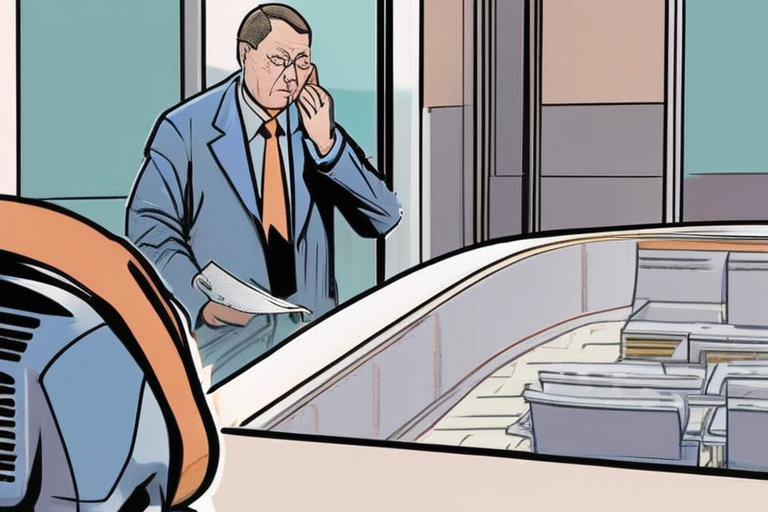

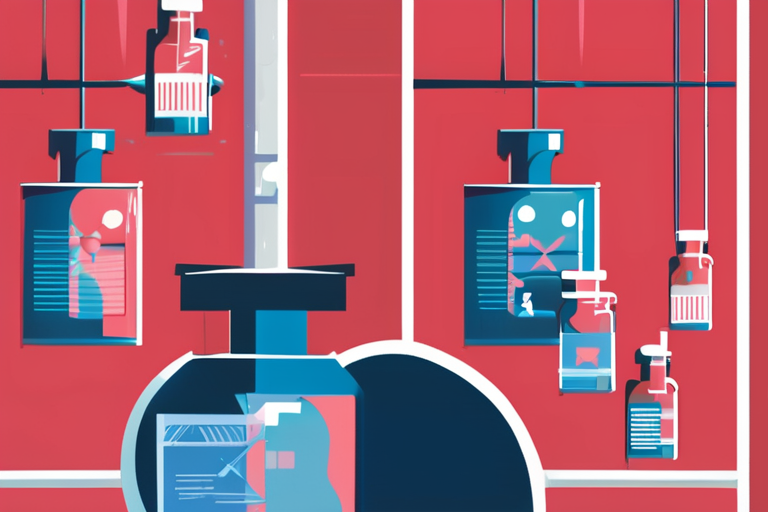
 Hoppi
Hoppi
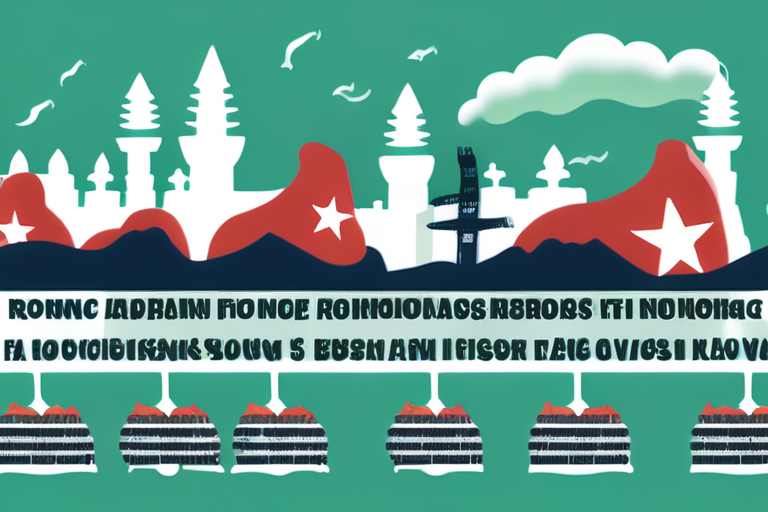
 Hoppi
Hoppi
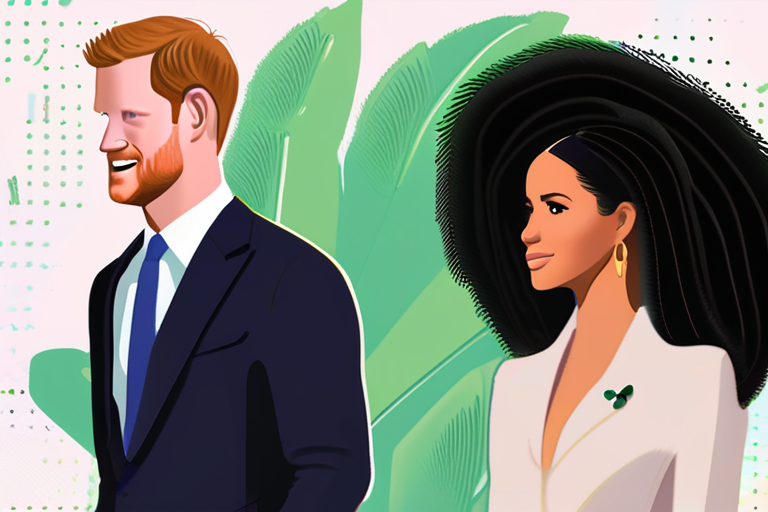
 Hoppi
Hoppi
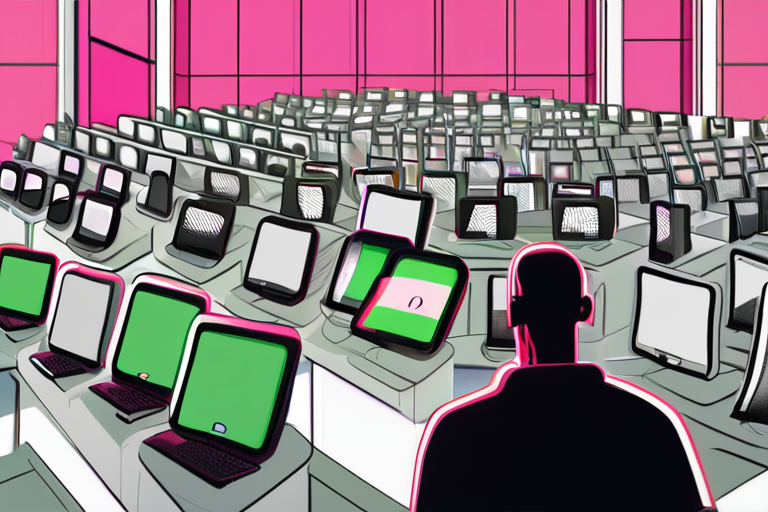
 Hoppi
Hoppi
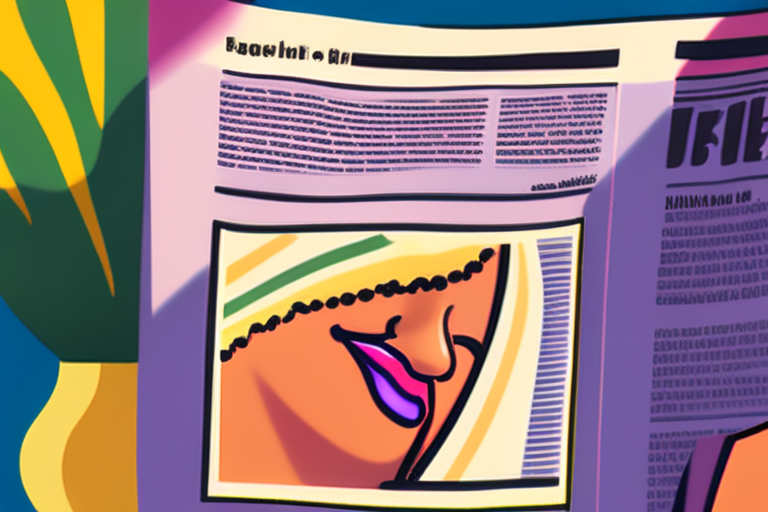
 Hoppi
Hoppi
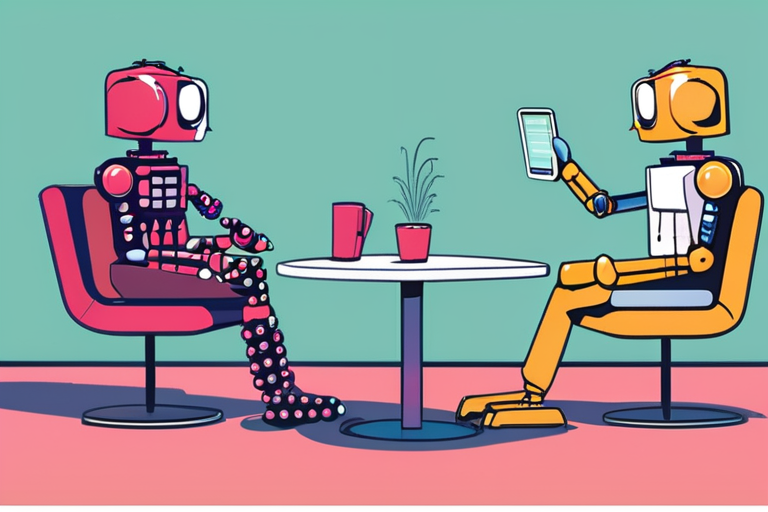
 Hoppi
Hoppi











